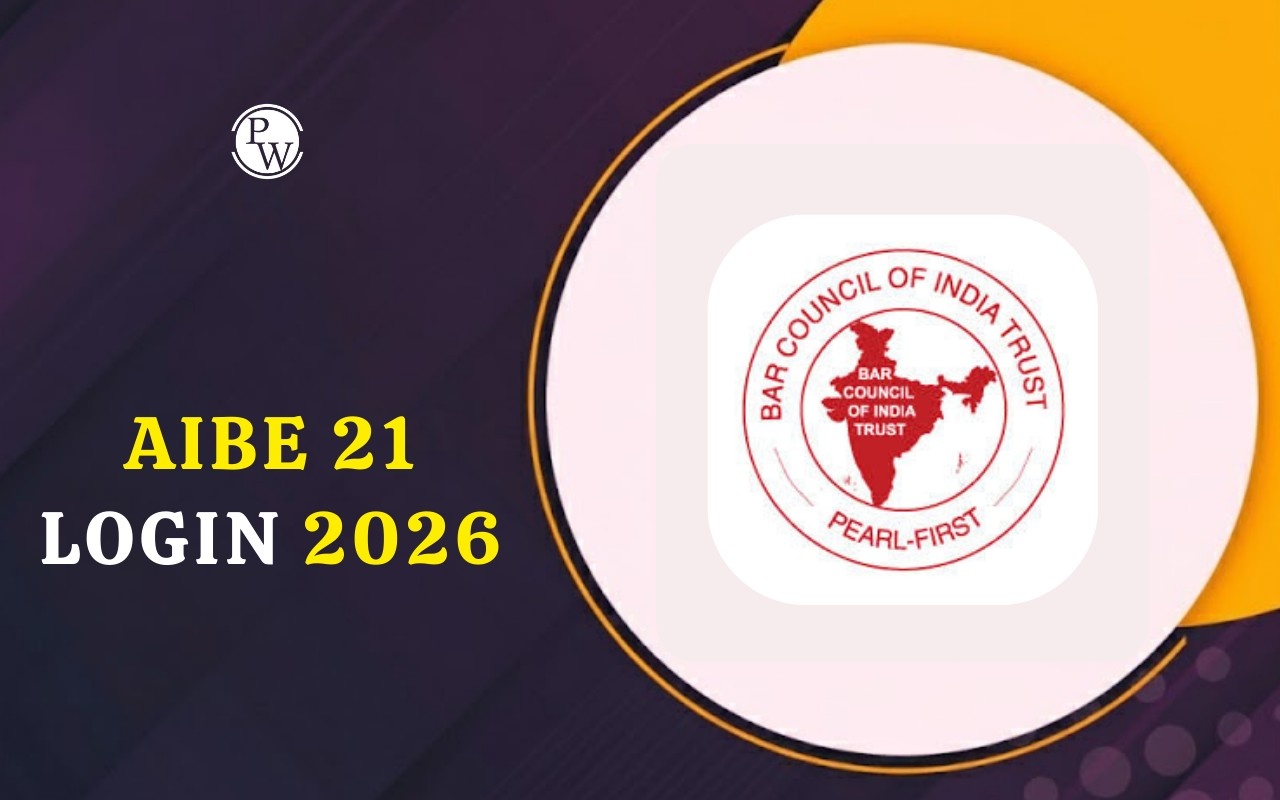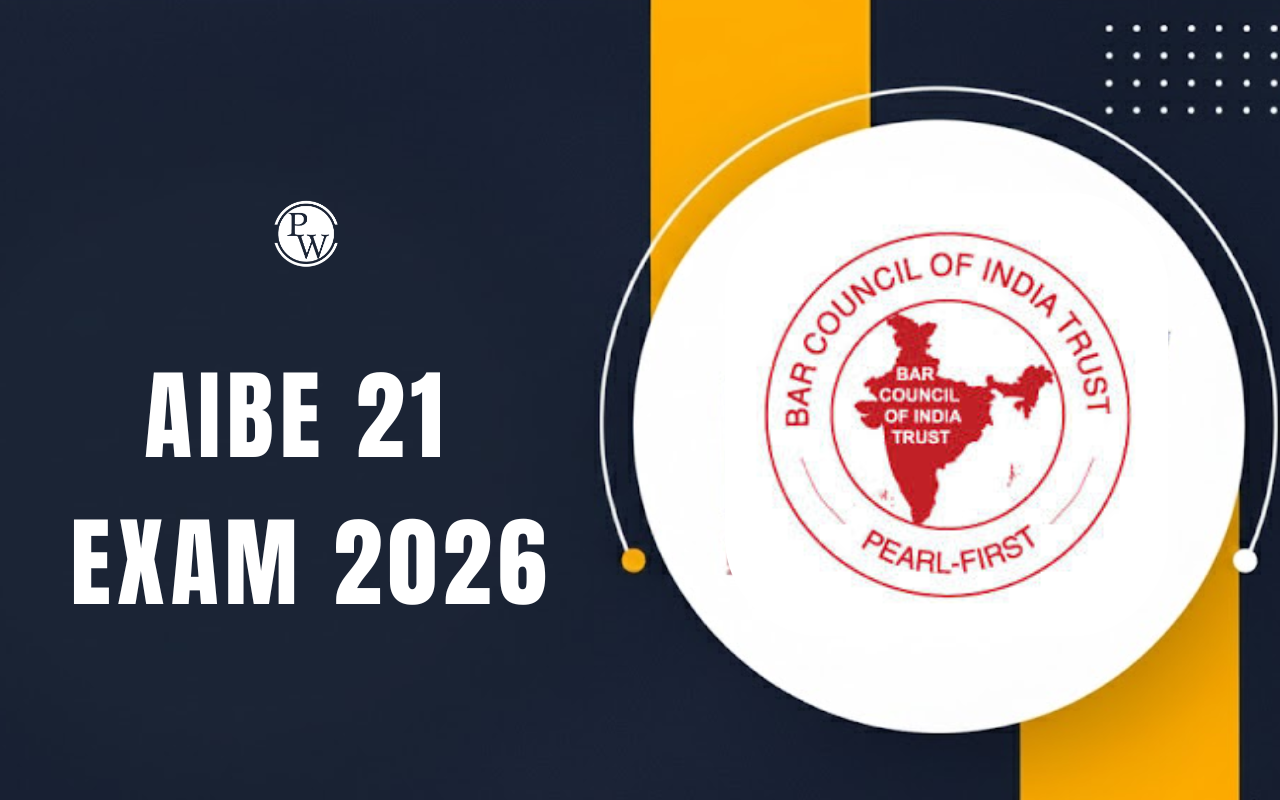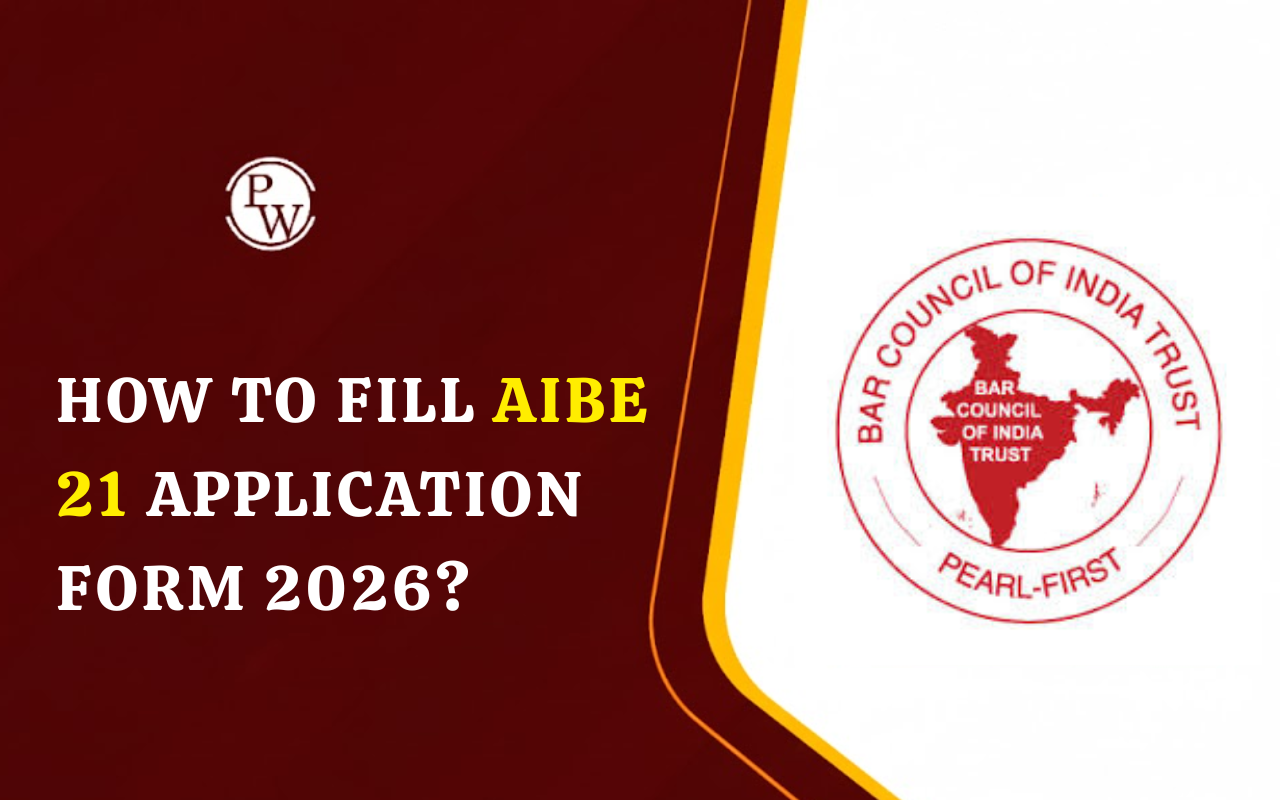
Specific Relief Act 1963: Specific Relief Act 1963, is a pivotal piece of legislation in India, that emerged from the need to provide equitable remedies for the enforcement of civil rights. Its roots can be traced back to earlier English legal frameworks, particularly the specific relief principles established in the common law. Before the Act, the Indian Legal System relied on the Indian Contract Act 1872, which primarily focused on contractual obligations but did not properly address the remedies for their breach.
The Specific Relief Act 1963 aims to enable individuals to seek specific performance of contracts rather than merely relying on monetary damages, thus emphasizing the importance of fulfilling legal obligations. By providing for remedies such as specific performance, injunctions, and declaratory relief, the Act reflects the broader principles of equality and justice.Specific Relief Act 1963 Overview
The Specific Relief Act 1963 was enacted on 5th December 1963 and came into force on 1st March. It provides a remedy to parties whose rights have been infringed upon. The Specific Relief Act 1963 grants such parties specific performances of contracts, recovery of possession of immovable property, specific relief in cases of breach of trust, and other reliefs of a similar nature. It does not provide general relief or monetary compensation but rather focuses on providing remedies to cases of specific performance. It compels parties to fulfill their contractual obligations and ensures that individuals possess what they are entitled to.Scheme of Specific Relief Act 1963
The following table consists of the schemes of the Specific Relief Act 1963 in detail.| Chapter | Sections | Details |
| - | - | Part I: Preliminary |
| - | 1-4 | Specific relief to be granted only for enforcing individual civil rights and not for enforcing penal laws, Extent, and commencement, Short title, Definitions, Saving |
| - | - | Part II: Specific Relief |
| Chapter I: Recovering Possession Of Property | 5-8 | Liability of person in possession, not as owner, to deliver to persons entitled to immediate possession, Suit by persons dispossessed of immovable property, Recovery of specific immovable property, Recovery of specific movable property; |
| Chapter II: Specific Performance Of Contracts | 9-25 | Liquidation of damages not a bar to specific performance, Bar of suit for compensation for breach after dismissal of suit for specific performance, Personal bars to relief; Contract to sell or let property by one who has no title, not specifically enforceable, Contracts not specifically enforceable; Who may obtain specific performance, Non-enforcement except with variation, Relief against parties and persons claiming under them by subsequent title, Application of preceding sections to certain awards and testamentary directions to execute settlements, Defense respecting suits for relief based on contract, Cases in which specific performance of contract enforceable, Cases in which specific performance of contracts connected with trust enforceable, Specific performance of part of contract, Rights of purchaser or lessee against person with no title or imperfect title, Discretion as to decreeing specific performance, Power to award compensation in certain cases; Power to grant relief for possession, partition, refund of earnest money, etc. |
| Chapter III: Rectification Of Instruments | 26 | When instrument may be rectified |
| Chapter IV: Rescission Of Contracts | 27-30 | Alternative prayer for rescission in suit for specific performance, Court may require parties rescinding to do equity, Rescission in certain circumstances of contracts for the sale or lease of immovable property, Where rescission may be adjudged or refused, the specific performance of which has been decreed. |
| Chapter V: Cancellation Of Instruments | 31-33 | When cancellation may be ordered; What instruments may be partially cancelled; Power to require benefit to be restored or compensation to be made when instrument is cancelled or is successfully resisted as being void or voidable |
| Chapter VI: Declaratory Decrees | 34-35 | Effect of declaration, Discretion of court as to declaration of status or right |
| Part III: Preventive Relief | ||
| Chapter VII: Injunctions Generally | 36-37 | Temporary and perpetual injunctions, Preventive relief how granted; |
| Chapter VIII: Perpetual Injunctions | 38-44 | Damages in lieu of, or in addition to, injunction, Injunction when refused, Injunction to perform negative agreement, Perpetual injunction when granted, Mandatory injunctions; Amendment of Act 10 of 1940 [Repealed by the Repealing and Amending Act, 1974 (56 of 1974)]; Repeal [Repealed by the Repealing and Amending Act, 1974 (56 of 1974)] |
Salient Features of Specific Relief Act 1963
The Specific Relief Act 1963 encompasses various important features including.- Specific Performance: It allows for the enforcement of contracts when monetary damages are inadequate. Certain contracts, like those related to land, can be specifically enforced.
- Injunctions: The Act provides for preventive relief through injunctions, which can restrain a party from doing something harmful or require a party to do something.
- Declaratory Relief: Courts can declare rights or legal status without ordering any specific action, which helps in resolving disputes before they escalate.
- Limitations: The Act imposes a limitation period for filing applications for specific relief, generally three years.
- Conditions for Granting Relief: Specific performance may be refused if it would cause hardship or if the party seeking it has acted in bad faith.
- Exclusion from Certain Contracts: Certain contracts, like those determinable by nature, cannot be specifically enforced.
- Amendment and Repeal: The Act has undergone amendments to adapt to changing legal needs and practices.
Enhancement of Specific Relief Act 1963
The amendments of the Specific Relief Act 1963 aimed to streamline the legal process and make the Act more aligned with contemporary legal practices and needs. The Specific Relief Act 1963 was amended in 2018 as The Specific Relief (Amendment) Act, 2018 and was effective from October 1, 2018. Here are the notable amendments.- Section 14 & Section 20: Section 14 expanded the scope of contracts that cannot be specifically enforced. It specifically excluded contracts for the sale of goods and the provision of services. Section 20 introduced conditions under which specific performance can be denied. It focuses on the need for the court to consider the conduct of the parties and the balance of convenience.
- Declaratory Relief: Streamlined procedures related to seeking declaratory relief, making it easier for parties to clarify their legal rights.
- Limitation Period: The amendments reinforced the limitation periods for filing specific relief claims, ensuring timely resolution of disputes.
- Substituted Performance: The amendment introduced "substituted performance". According to it, the aggrieved party has to have a third party fulfill the contract and recover costs from the defaulting party. This offers an alternative to lengthy court proceedings while ensuring contract performance and reduced litigation.
Judicial Precedents of Specific Relief Act 1963
The precedents illustrate the evolving interpretation of the Specific Relief Act 1963, emphasizing the court's discretion, the importance of fairness, and the specific conditions under which relief can be granted or denied. Some notable judgments include.- Geeta Rani Paul v. Dibyendu Kundu
- N.P. Thirugnanam v. Dr. R.J. Mohan Rao
- Prem Singh v. Birbal
Specific Relief Act 1963 FAQs
What is the latest amendment of the Specific Relief Act?
The Specific Relief Act, 1963 (Act) was amended in the year 2018 (2018 Amendment) to give impetus to the legal regime governing the enforceability of contracts in India and to remove irregularities in the enforcement of contracts in India.
Which new remedy was introduced by the specific relief Amendment Act 2018?
The new remedy introduced is "substituted performance". It states that before getting the promise performed through a third party, the promisee should give to the promisor an opportunity to complete his promise.
What is under section 26 Specific Relief Act?
It states that an instrument may be rectified when a mistake crept in the instrument or a contract due to fraud or mutual mistake of parties due to which real intention cannot be expressed behind such contract or such instrument.
What is the importance of the Specific Relief Act?
The Specific Relief Act provides remedies for a person who has entered into a contract regarding immovable property with one with only an imperfect title.
Is SRA substantive or procedural?
The Law of Specific Relief is a kind of procedural law. It entails only the specific reliefs obtainable in Civil Courts. It does not encapsulate reliefs obtainable in revenue or Criminal Courts.
🔥 Trending Blogs
Talk to a counsellorHave doubts? Our support team will be happy to assist you!

Check out these Related Articles
Free Learning Resources
PW Books
Notes (Class 10-12)
PW Study Materials
Notes (Class 6-9)
Ncert Solutions
Govt Exams
Class 6th to 12th Online Courses
Govt Job Exams Courses
UPSC Coaching
Defence Exam Coaching
Gate Exam Coaching
Other Exams
Know about Physics Wallah
Physics Wallah is an Indian edtech platform that provides accessible & comprehensive learning experiences to students from Class 6th to postgraduate level. We also provide extensive NCERT solutions, sample paper, NEET, JEE Mains, BITSAT previous year papers & more such resources to students. Physics Wallah also caters to over 3.5 million registered students and over 78 lakh+ Youtube subscribers with 4.8 rating on its app.
We Stand Out because
We provide students with intensive courses with India’s qualified & experienced faculties & mentors. PW strives to make the learning experience comprehensive and accessible for students of all sections of society. We believe in empowering every single student who couldn't dream of a good career in engineering and medical field earlier.
Our Key Focus Areas
Physics Wallah's main focus is to make the learning experience as economical as possible for all students. With our affordable courses like Lakshya, Udaan and Arjuna and many others, we have been able to provide a platform for lakhs of aspirants. From providing Chemistry, Maths, Physics formula to giving e-books of eminent authors like RD Sharma, RS Aggarwal and Lakhmir Singh, PW focuses on every single student's need for preparation.
What Makes Us Different
Physics Wallah strives to develop a comprehensive pedagogical structure for students, where they get a state-of-the-art learning experience with study material and resources. Apart from catering students preparing for JEE Mains and NEET, PW also provides study material for each state board like Uttar Pradesh, Bihar, and others
Copyright © 2026 Physicswallah Limited All rights reserved.









